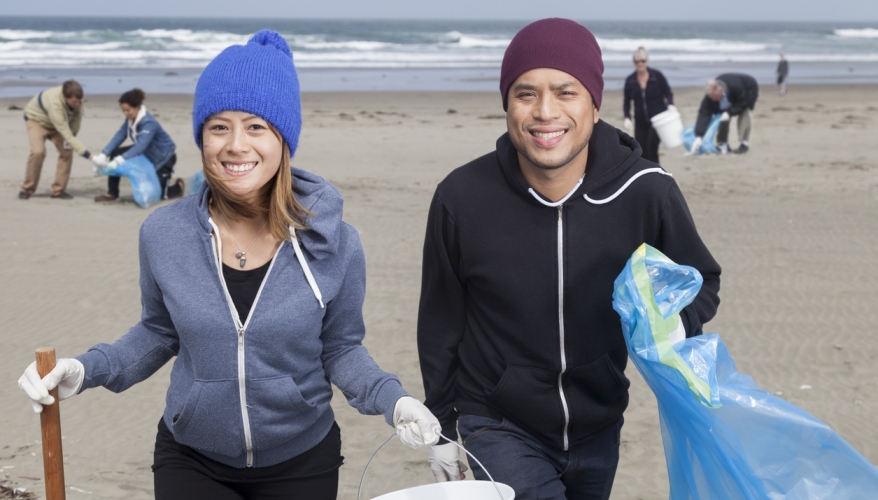The Marine Conservation Society (MCS) reports today that litter on our beaches is at its highest level since they began collecting data. This rubbish causes damage to marine wildlife (sea turtles often mistake plastic bags for jellyfish for example, while seabirds mistake floating plastic for food). Want to take action? This weekend, from 15-18th September join thousands of others to take part in the Great British Beach Clean. Last year over 250,000 pieces of litter were collected during the weekend.
300 million tonnes of plastic is manufactured around the world every year and only a staggering-low 9% is recycled. The rest breaks down into smaller and smaller pieces known as micro plastics. Estimates suggest that 5 trillion tiny pieces are floating in the world’s oceans.
WHAT TO DO:
FIND your nearest event at mscuk.org.
SET UP your own if you can’t find one locally. Here’s the info you need.
SPOT Whe you’re at the beach and find something unusual, record your wildlife sightings online here.







